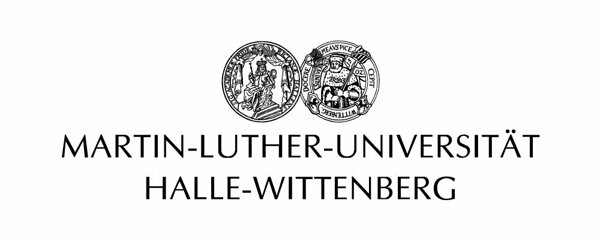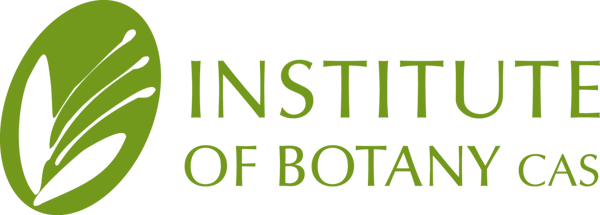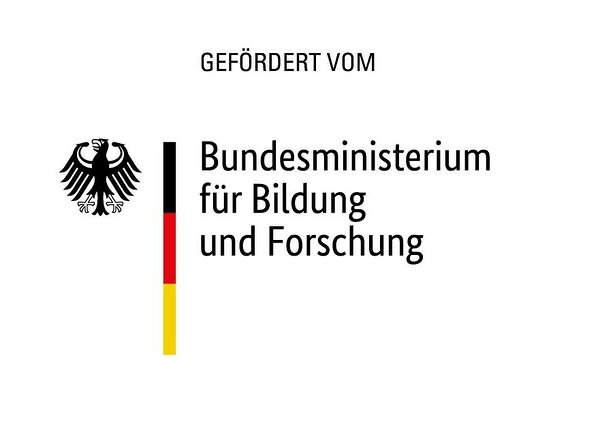NEARLY 90% OF FLOWERING PLANT SPECIES DEPEND ON THE INSECTS THAT POLLINATE THEM!
Researchers from Estonia, Sweden, the Czech Republic, Belgium and Germany are studying relationships between plants and pollinating insects in different landscapes over the course of a 3-year long project. They want to know:- How do landscape characteristics affect plant and pollinator diversity?
- What is the importance of field and road edges, clear-cut power-lines and remnant grassland patches in supporting plant-pollinator interactions?
- How does the surrounding landscape affect relationships between plants and pollinators?
- Which insects pollinate the FuncNet model species cowslip (Primula veris) and how does this affect the long-term viability of cowslips?
- How to manage meadows and other similar landscape elements in a way that favors biodiversity?
FuncNet grew out of the pan-European citizen science campaign "Looking for Cowslips".
Find out more about the project on the webpage of University of Tartu Landscape Biodiversity work group.
The project is financed through the Biodiversa+ program.
Partners of the FuncNet project:
National funding agencies:
EstoniaThe project is co-funded by the Estonian Ministry of the Environment through the Biodiversa+ program.
Czech Republic
This project is co-financed from the state budget by the Technology Agency of the Czech Republic under the Partnership for Biodiversa Call 2021 Programme within the Biodiversa + European Partnerships. This project was funded under the National Recovery Plan from the European Recovery and Resilience Facility.
Germany
The project is co-financed by the Federal Ministry of Education and Research, under the number 16LW0321, through the Biodiversa+ program.
Belgium
The project is funded by 'Fonds Voor Wetenschappelijk Onderzoek-Vlaanderen (FWO)', as part of the Biodiversa+ program.
Sweden
The FuncNet project is funded by Formas through the Biodiversa+ program.












